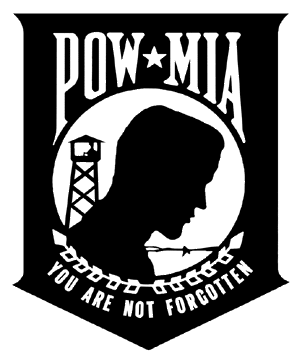Lorentz Post 11
Mankato, MN

National Security Programs
The American Legion believes national security must be maintained to fulfill the mandate for a strong national defense. As stated in the Preamble, “FOR GOD AND COUNTRY WE ASSOCIATE OURSELVES TOGETHER FOR THE FOLLOWING PURPOSES: To uphold and defend the Constitution of the United States of America... To safeguard and transmit to posterity the principles of justice, freedom and democracy.”
The Legion is an organization of veterans who fought for freedoms, which they are dedicated to keeping and preserving. As one of the Four Pillars it was founded on, the Legion believes national security is upheld by keeping a well-funded Department of Defense, a good quality of life for troops and a sensible transition between service and separation.
Blood Donation Program
People have held blood drives and given blood since community service became an American value. It's only natural that The American Legion - with community service as one of its pillars - be heavily involved in blood donation efforts.
The American Legion Blood Donor Program has existed officially since 1942 to help that cause. Each year - especially since 9/11 - Legionnaires have donated in spades, and departments have coordinated efforts at the post level. The Blood Donor Program honors those departments that best participate in blood-donation efforts, recognizing departments in two areas: for post participation and individual Legionnaire participation. Post participation awards are given to departments with the highest number of participating posts. Individual participation awards are given to departments with the highest percentage of individuals giving blood to the program. Departments are separated into five categories (see below), according to membership size, and honored.

Operation Comfort Warriors
As the war in Afghanistan winds down, U.S. military personnel are coming home where they join other recent veterans who served in Iraq. Many of these servicemembers have left the battlefield only to be faced with a new fight: a struggle to overcome the mental and physical wounds suffered during deployment. Those with traumatic brain injury (TBI) or post-traumatic stress disorder (PTSD) are returning home in unprecedented numbers. In fact, the Army has said that up to 20 percent of the men and women who served in Afghanistan or Iraq have suffered TBI.
Even as the wars conclude, those in the military still face inherent dangers while fighting the global war on terrorism, during training exercises and while performing other dangerous duties.
While the care at many military hospitals and warrior transition units is extraordinary, The American Legion's Operation Comfort Warriors (OCW) program was created to provide "nonessentials" - items that help wounded warriors' recovery but don't usually show up as a budget line on government spreadsheets.

POW/MIA Accountability
The American Legion is committed to achieving a full accounting of all POW/MIAs from the Gulf War, Vietnam War, Cold War, Korean War and World War II. This means returning living POWs, the repatriation of their remains, or finding convincing evidence why neither of these is possible.
The American Legion supports the continued declassification of all POW/MIA information, the strengthening of joint commissions with Russia, North Korea and China, and adequate resourcing of investigative efforts and field operations to resolve POW/MIA issues. The American Legion has also worked continuously with both Congress and DoD to improve the policies and programs for the accountability of missing persons. This includes urging the president and Congress to fully fund the Defense POW/MIA Accounting Agency Office (DPAA) for its current and future mission of ensuring the accountability of U.S. servicemembers. The American Legion will continue to speak out and exert maximum pressure on both the administration and on Congress to fully account for America's POW/MIAs.

